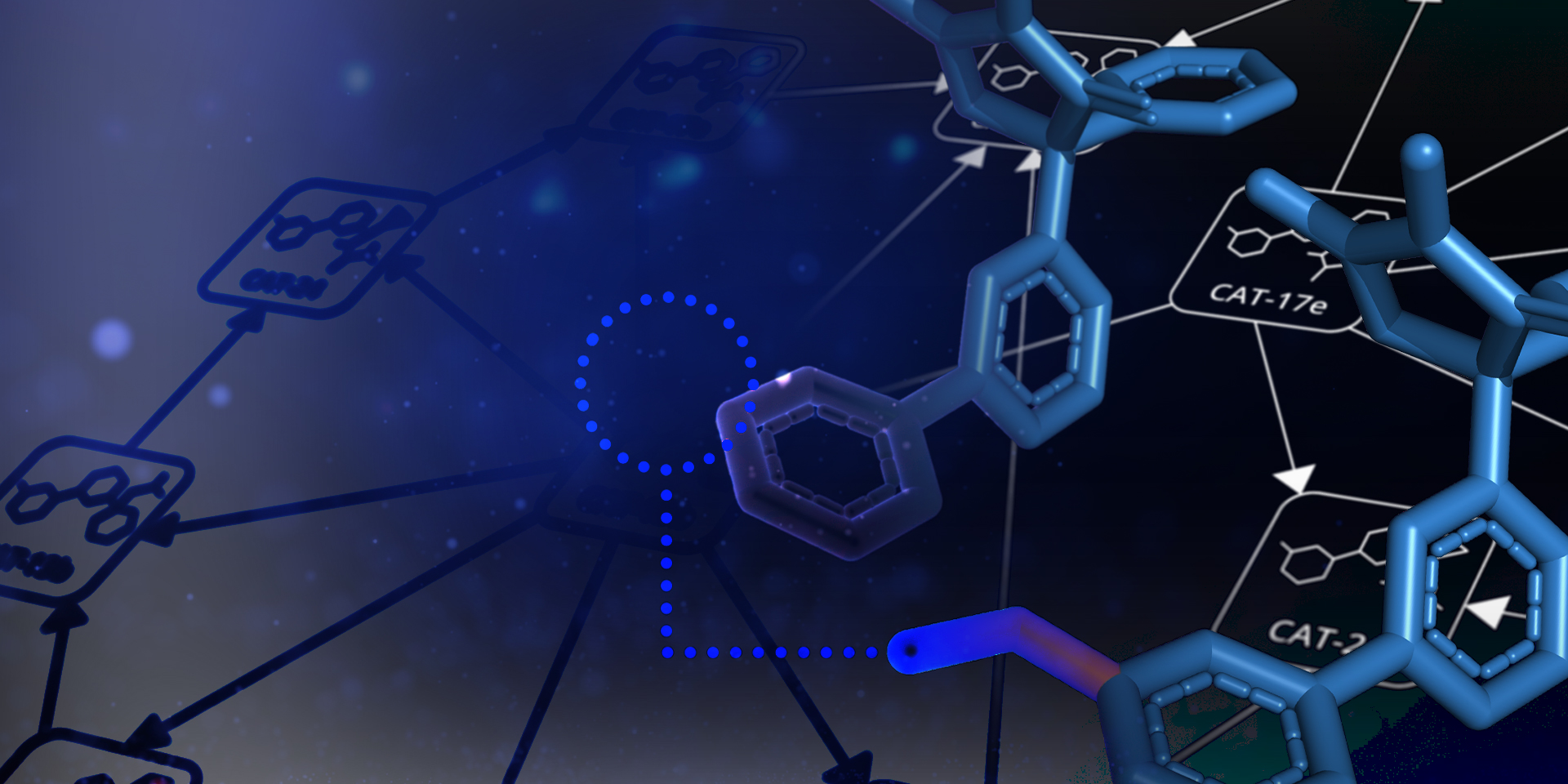Free energy calculations for drug design with FEP+
Running, analyzing, and troubleshooting relative binding FEP+ calculations for small molecule lead optimization

Running, analyzing, and troubleshooting relative binding FEP+ calculations for small molecule lead optimization
Computational methods can help drive forward drug discovery campaigns through prediction of binding affinities of small molecules to protein targets. Free energy perturbation techniques, such as Schrödinger’s FEP+, can provide accurate predictions for binding affinities in drug design. However, these are advanced calculations that require expertise to deploy. Computational chemists and drug designers can benefit from hands-on training in running FEP+ to ensure best practices are used and thorough analysis can be done on the results. In this course you will get an overview of how Schrödinger’s FEP+ works, apply relative binding affinity FEP+ technology to several data sets, and perform common analysis techniques.
This course is ideal for those who wish to develop professionally and expand their CV by earning certification and a badge.
This course comes with access to a web-based version of Schrödinger software with the necessary licenses and compute resources for the course:

Gain and understanding of the history and theory behind free energy perturbation methods, as well as how they are already having impact on drug discovery programs
Best practices for preparing proteins and ligands for relative binding FEP+ jobs
Exploring using extended simulation times, pKa correction, Custom Cores, and adding protein residues to the REST region to improve FEP+ performance
Apply your skills in a hands-on case study where you design novel spleen tyrosine kinase (Syk) inhibitors and profile them prospectively using FEP+
Free energy perturbation introduction and scene setting
Course overview: free energy calculations for drug design with FEP+
Honor code agreement
Introduction to free energy perturbation and FEP+ methods
Preparing structures for FEP+
FEP+ best practices and the importance of structure preparation
Relative binding FEP+: setting up and running a calculation
Analyzing and troubleshooting FEP+ jobs
FEP+ results analysis
Correlation plot generation
Troubleshooting FEP+ results
Small molecule drug design FEP+ guided case study
Review and discuss case study findings
Pricing varies by each course and by the participant type. For students wishing to take these courses, we offer a student price of $140 for introductory courses, $290 for the Materials Science bundle, and $825 for advanced courses. For commercial participants, the course price is $545 for introductory courses and $1365 for advanced courses and bundles.
The courses run on sessions, which range from 3-6 week periods during which the course and access to software are available to participants. You can find the course session and start dates on each course page.
Once the course session begins, all lectures are asynchronous and you can view the self-paced videos, tutorials, and assignments at your convenience.
Interested participants can pay for the course by completing their registration and using the credit card portal for an instant sign up. Please note that a credit card is required as we do not accept debit cards. Additionally, we can provide a purchase order upon request, please email online-learning@schrodinger.com if you are interested in this option.
Schrödinger is committed to supporting students with limited resources. Schrödinger’s mission is to improve human health and quality of life by transforming the way therapeutics and materials are discovered. Schrödinger proudly supports the next generation of scientists. We have created a scholarship program that is open to full-time students or post-docs to students who can demonstrate financial need, and have a statement of support from the academic advisor. Please complete the application form if you qualify for our scholarship program!
While access to the software will end when the course closes, some of the material within the course (slides, papers, and tutorials) are available for download so that you can refer back to it after the course. Other materials, such as videos, quizzes, and access to the software, will only be available for the duration of the course.
For the duration of the course, you will have access to a web-based version of Maestro, Bioluminate, Materials Science Maestro and/or LiveDesign (depending on the course). You do not have to separately purchase access to any software. While access to the software will end when the course closes, some of the material within the course (slides, papers, and tutorials) are available for download so that you can refer back to it after the course. Other materials, such as videos, quizzes, and access to the software, will only be available for the duration of the course. Please note that Schrödinger software is only to be used for course-related purposes.
What our alumni say